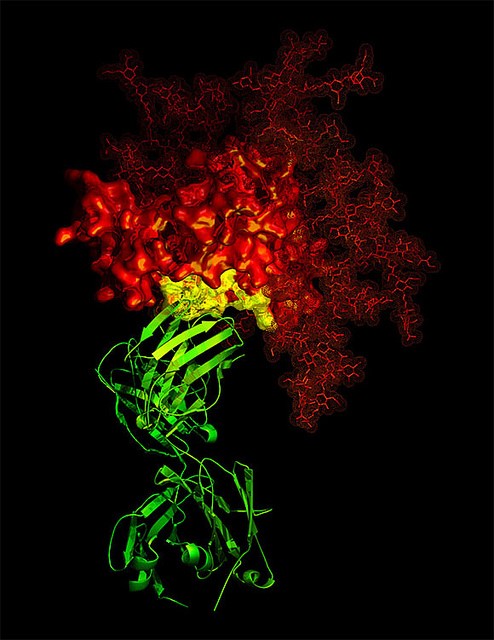Accurate protein quantitation is an integral part of any laboratory workflow involving protein purification, electrophoresis, cell biology, molecular biology, and other research applications. Careful consideration must be taken when choosing the appropriate protein quantitation assay for a specific protein sample. There are many protein assays to choose from, but all protein assays are adversely affected by interfering substances (such as detergents, reducing agents, and chaotropic agents) which are often used in the preparation of protein samples. To overcome the limitations of these interfering substances, G-Biosciences’ developed a proprietary Universal Protein Precipitating Agent (UPPA™) for use with their CL (Compatible Lowry) Protein Assay.
Overcome effects of detergents & reducing agents in protein estimation
Topics: Protein Estimation
Selecting Protein Assays? These Are the Top Factors That Can Impact Accuracy
The ability to accurately quantify protein concentration is the key to a successful laboratory workflow, and is often required prior to processing protein samples for isolation, separation, and analysis. To determine the total protein concentration in a sample, one of the first factors to consider is the selection of an appropriate protein assay method. However, since there are a wide variety of protein assays available, you need to take a number of factors (e.g. the accuracy required and the amount and purity of the protein available) into account to make sure that you are using the most suitable assay for your application.
Topics: Protein Estimation, Protein Detection
Using Protease Assays for Accurate Protease Detection
Proteases are enzymes that facilitate proteolysis, or the breakdown of protein and peptide molecules into smaller polypeptides and/or amino acids. These enzymes do their job by cleaving the peptide bonds linking the amino acids together in the polypeptide chains.
Topics: Protein Estimation
The bicinchroninic acid (BCA) assay, also known as the Smith assay, is a biochemical assay used to determine the total concentration of protein in a solution. Due to its ability to provide accurate determination of protein concentration and its compatibility with most protein sample types, protein laboratories around the world prefer the BCA assay over any other detergent-compatible assays.
Topics: Protein Estimation







